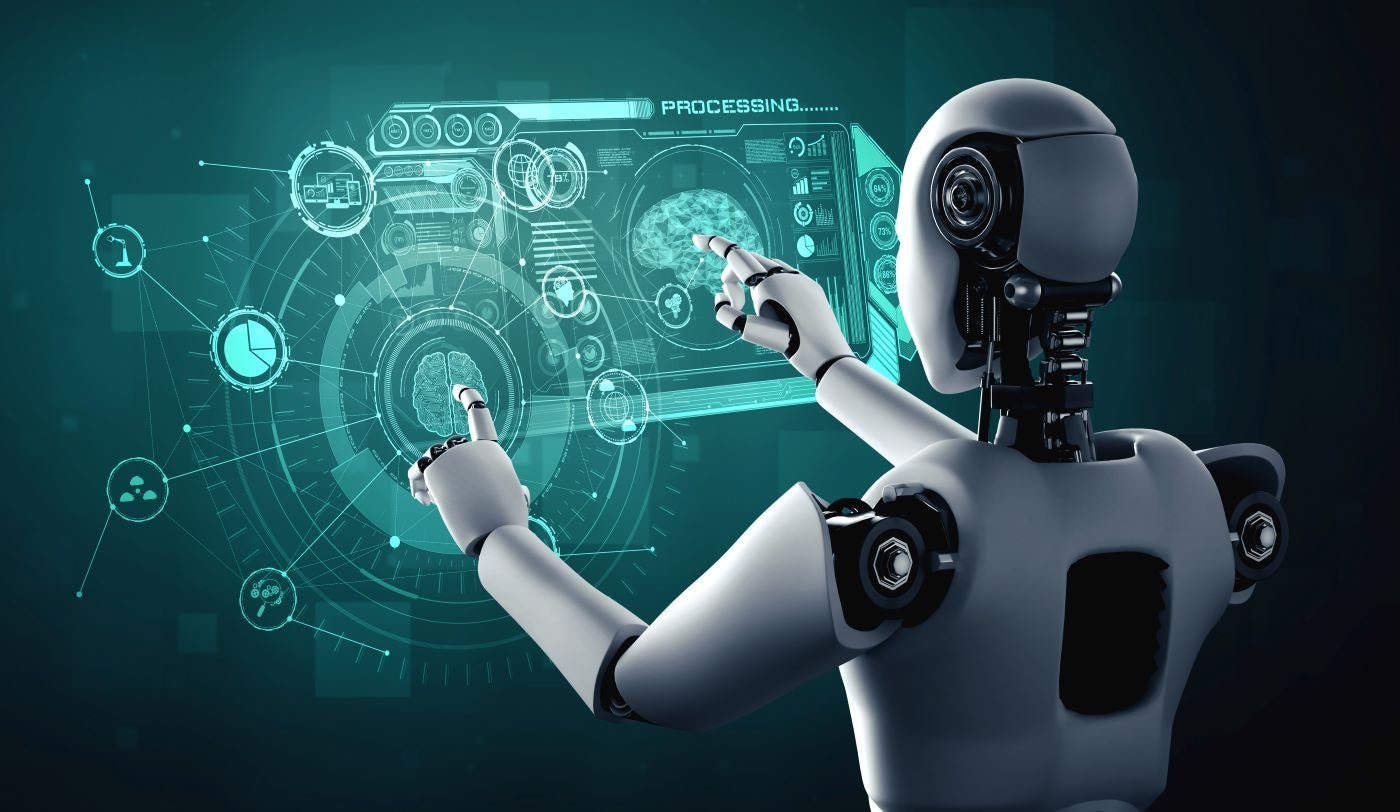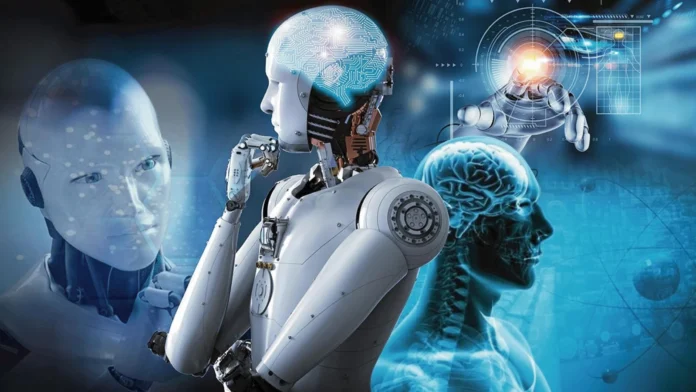James Walhouse’s caption claims that the HeirAfter AI chatbot keeps his father’s memories alive. When James Walhouse learned of his father’s fatal cancer diagnosis in 2016, his world crumbled beneath his feet.
The Oakland, California resident said he loved his father dearly but ‘was losing him.’
During this time, James thought about making the most of the remaining time with his father and spent hours recording his father’s life story in his own words.
Meanwhile, James was embarking on his career in artificial intelligence (AI), so he soon turned his father’s recordings into an AI project.
James asked himself, ‘What if I could make this more interactive?’ He wanted to preserve his father’s memories better and keep the essence of his remarkable personality with him forever.
In 2017, James’s father passed away. However, by then, James had successfully transformed his father’s recordings into an AI chatbot project that could answer questions about his father’s life in his voice.

Life After Death: Can We Always Stay Connected?
Why do some people appear to see their loved ones who have already passed away? Experiences of those near death
April 18, 2024
Artificial intelligence has been used in science fiction movies to show how individuals can be kept alive, but currently, it is a reality.
James created an AI app called HeirAfter AI in 2019. With a HeirAfterr AI chatbot, users can forever keep their loved ones alive.
He says that while the chatbot cannot erase the pain of his father’s death, it keeps his memories alive. ‘I have this amazing interactive company that I can talk to.’
James’s app, HeirAfter, AI
users can upload images of their loved ones, which appear on their smartphone or computer screen while using the app.
However, some companies have gone even further with AI chatbots.
South Korean company DeepBrain AI has developed a deepfake AI that can mimic a person’s face, voice, and mannerisms based on hours of video and audio footage.
DeepBrain’s Chief Financial Officer Michael Jung says their AI can clone anyone with 96.5% similarity. He says most people don’t feel uncomfortable talking to their deceased relatives through AI avatars.
The company believes this kind of technology could give rise to a tradition where people, while preparing for their death, leave their family histories, stories, and memories as a ‘living legacy.’
Nevertheless, this process is costly. Users must pay up to $50,000 (£39,000) to create a clone according to their desires and film their wishes.
Despite the cost, some investors believe that this app will be successful.DeepBrain successfully raised $4.4 million in its last funding round.
Ethics of HeirAfter AI in the Grieving Process
According to psychology expert Lauren Entrob, they use technology cautiously when heightened emotions are essential.
‘It’s conceivable that being able to hear [those who have passed away] and hear the words spoken through them could be very distressing for you,’ she says.
Entropy says people should not rush to use their deceased loved ones’ chatbots. Everyone has a different way of mourning, but some things happen daily.
One of them is paperwork. After someone’s death, paperwork must be completed to close their bank, business, and social media accounts.
41-year-old Eleanor Wood, from Settled, South Devon, lost her husband, Stephen, last March. She says she had to contact more than two dozen companies and call each one to tell them about her husband’s death.
‘They made things more stressful for me at such a time when I was already quite distressed.’
Settled is an online platform in the UK that connects mourners with organizations in the private sector.
Users must upload the required documents and a list of the companies they must contact. Settled, then sent emails to these organizations. Users can log in later to check how much work has been done.
It works with banks, social media forums, and 950 utility companies.
Vicki Wilson is its co-founder, who founded it after her grandmother died in 2020.
She says using technology can reduce people’s burdens as much as possible. For example, paperwork and others take almost 300 hours after someone is in the UK.
Of this, 70% of the work can be done automatically.
According to the news website TechRound, the grief tech sector, also known as ‘de’deathch,’ has reached a value of up to £100 billion.
TechRound editor-in-chief David Soffer says there has been a rapid growth during the coronavirus pandemic.
According to him, COVID-19 made people realize the importance of life and helped them talk openly about death. As a result, using technology to cope with grief was quickly accepted.
‘Th’ ability to inform so many people at once, keep memories alive through audio recordings or images and videos, all these are important,’ he said.
However, Soffer thinks the trend has more profound implications. ‘Using technology to solve technical problems is a good thing.


